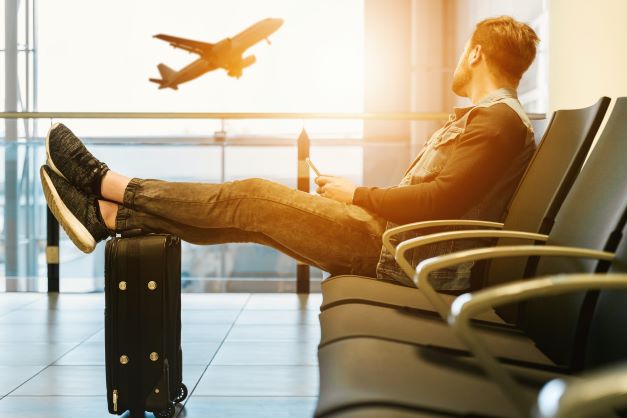I’m Going to Africa – Am I At Risk of HIV?
Whether for work, family, or fun, traveling to Africa is an incredible experience. As you plan for your journey, however, you may have some questions and concerns. For example, could this trip put you at risk of contracting HIV? How can you stay safe? Arming yourself with the facts is the best way to protect your health.
Fast Facts About HIV in Africa
- Approximately 23.8 million Africans are infected with HIV.
- Sub-Saharan Africa accounts for 69% of HIV cases worldwide.
- The majority of annual HIV-related deaths occur in Africa.
- This is due to a lack of medical experts and a low supply of antiretroviral drugs.
What Does This Mean for Me?
Although these numbers may seem scary, there’s no reason to cancel your trip! It’s important to remember that HIV is transmitted through bodily fluids – not merely through proximity. You can sit next to an HIV-positive person on the plane or bus and be in no danger. Even if someone coughs or sneezes, you needn’t worry about transmission. HIV is not spread through saliva. The most common ways that HIV is contracted is through sexual contact and exposure to an infected person’s blood. This means that you need to practice caution when being intimate or around someone who is bleeding or has an open wound. You should also avoid sharing needles.

Tips for Staying Safe
Before discussing what you can do to protect yourself, let’s cover what you don’t need to worry about. Again, HIV isn’t transmitted via saliva, and it also cannot be transmitted via public toilets, shaking hands, or mosquito bites. Don’t waste your efforts stressing about those things. Instead, focus on the following:
- Communication: Always talk to someone about their HIV status if you plan on being intimate. If your partner says that they are HIV-positive, it’s in your best interest to abstain from any sexual activity.
- Protection: Always use protection, even if someone says they are HIV-negative. Remember that protection isn’t fool-proof, though, and that you could still contract HIV or other STIs if the other person is infected. Again, if you have any doubts, abstinence is the way to go.
- Hygiene: If you are exposed to open sores or blood, be sure to wear gloves and protective gear. Always practice good hygiene.
- Sobriety: It can be fun to party it up when traveling, but you have to be safe. Having one or two drinks is one thing, but getting drunk can lower your inhibitions and lead to unprotected sex or the decision to use drugs intravenously. Sharing needles can transmit HIV and is very dangerous.
- Testing: If you have any concerns whatsoever, make the decision to be tested right away. The sooner you find out about an infection, the sooner you can begin treatment, and the better the outcome will be for your health.
Are you worried about the possibility of having contracted HIV or another STI? Find your nearest clinic and get tested today.
Sources
https://www.ncbi.nlm.nih.gov/pmc/articles/PMC4767799/
https://www.emro.who.int/asd/country-activities/united-arab-emirates.html
Categories
- Abu Dhabi
- Bacterial Vaginosis
- Bahrain
- Blood Tests
- Cancer
- Cervical Cancer
- Chlamydia
- Dubai
- Fertility
- Gardnerella
- Genital Warts
- Gonorrhoea
- Hepatitis A
- Hepatitis B
- Hepatitis C
- Herpes
- HIV (AIDS)
- HIV Testing
- HPV
- Instant Testing
- Kuwait
- Locations
- Middle East
- Mycoplasma
- Oman
- PAP Smear
- Positive STI Results
- Qatar
- Saudi Arabia
- Sex Education
- Sexual Health
- Sexual Health News
- Sexually Transmitted Infections
- STD Symptoms
- STD Tests and Screens
- STI Results
- STI Treatment
- STIs
- Sustainability
- Swab Tests
- Syphilis
- Trichomoniasis
- Uncategorized
- United Arab Emirates
- Ureaplasma
- Urine Tests




